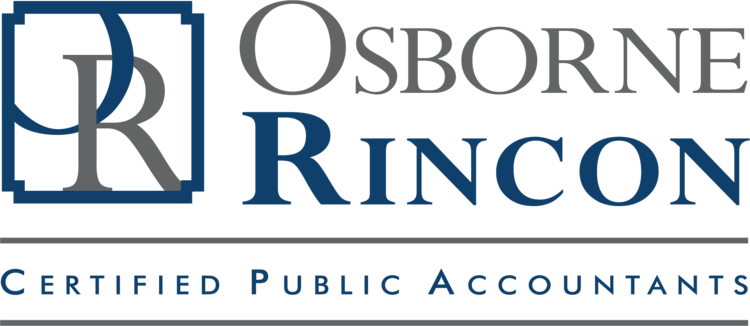By: Monica S. Duarte, Osborne Rincon CPAs
There are new guidelines for how your HOA should report financial information. In May 2020, the Financial Accounting Standards Board (FASB) – in response to COVID-19 – elected to again delay by one year the complex implementation of Topic 606 Revenue from Contracts with Customers. As a result, any company who had not completed the implementation of this standard was given an additional year to comply.
However, effectively, this means that all homeowners associations (HOAs) with fiscal years beginning January 1, 2020 must implement the guidance if they have not already done so. The changes required to the financial statements are significant, as the FASB has determined that HOAs have contractual agreements with owners that HOAs will take and hold replacement fund cash on behalf of the owners until it is needed to be used for repairs and replacements of the HOA property and assets.
Under this new system the replacement fund allocations cannot be recognized as revenue until they are spent, and must be considered a contract liability until that time. An analysis of existing fund balances and accounting policies and procedures should be completed in order to implement these requirements properly.
A summary of the required changes to the financial statements is listed below.
1) Replacement fund assessment revenue cannot be greater than the amount which is spent on repairs and replacements in the year presented. Previously, the replacement fund revenue was equal to the amount which was allocated from the owner dues for the fiscal year.
2) Dues amounts which are allocated to the replacement fund will be recognized as a contract liability until used for the purpose previously stated. Previously, the amounts would be considered fund equity.
3) Excess operating amounts transferred to the replacement fund will remain a fund balance. This could result in a replacement fund equity balance, as well as a replacement fund contract liability balance. Previously, there would have been no such liability to the members.
4) The entity must determine whether replacement fund interest income, miscellaneous income, and excess operating transfers will be recognized in the year received. If not, it will be identified as a fund balance until spent as this will affect the amount which is able to be recognized as dues assessment revenue. Previously, these amounts did not affect the amount which was recognized as owner assessment revenue.
5) Expanded disclosures so users understand the changes implemented.
If your Homeowners Association needs assistance navigating any of these tax issues, call Osborne Rincon at (760) 777-9805.
